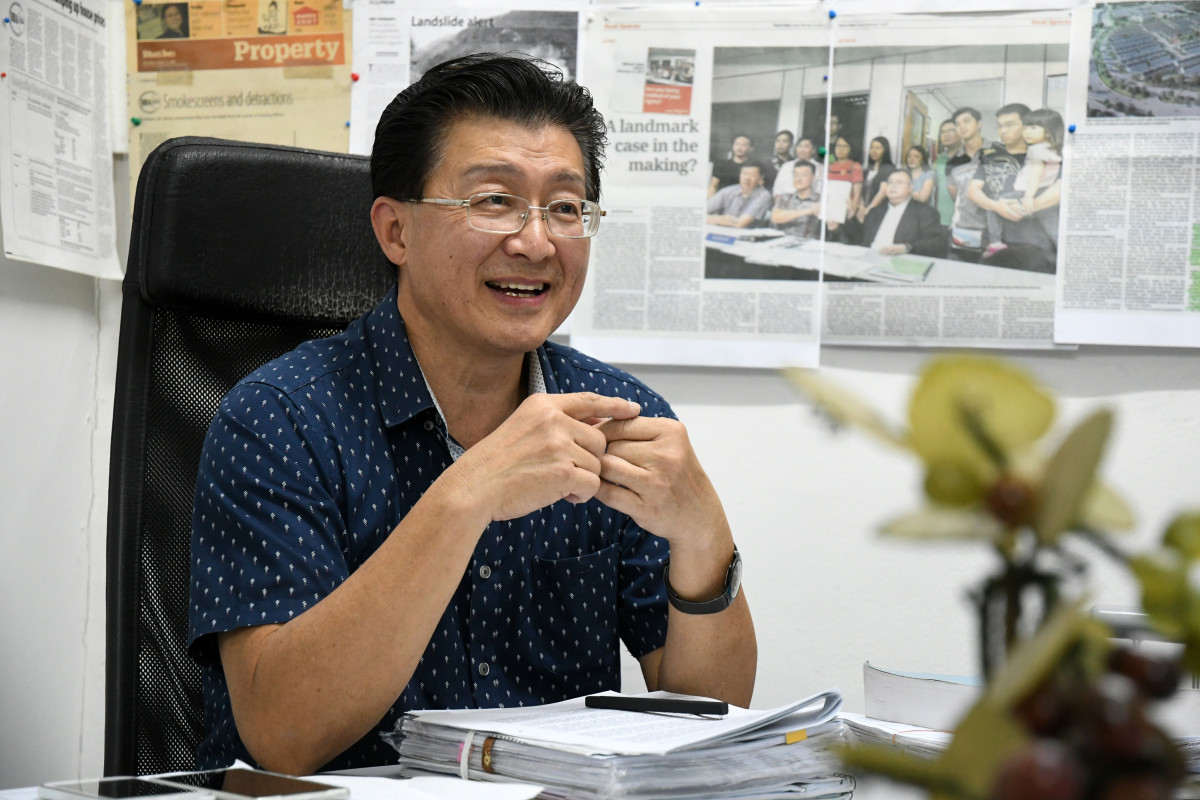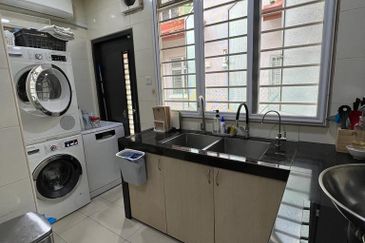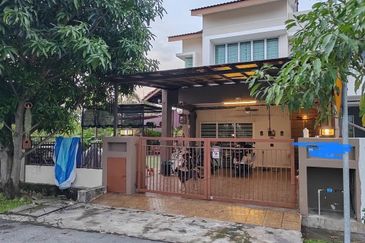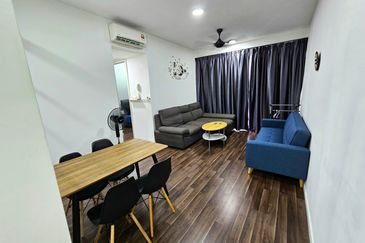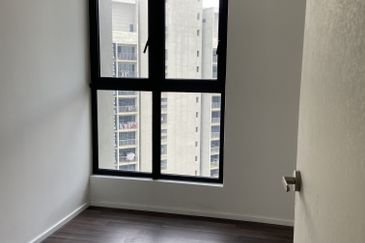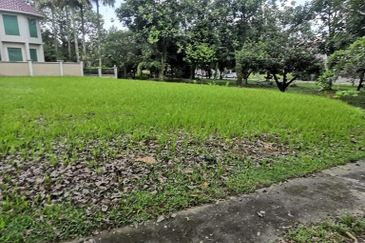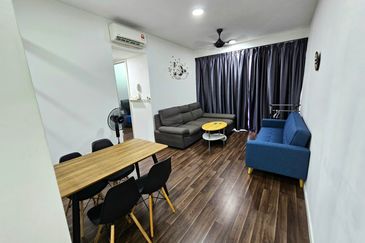

“When we buy a luxury car for RM800,000, we can get our bank facility within two or three days without a lawyer, but when we buy a house for RM300,000, we are required to have a battery of lawyers to complete the transaction which takes an average of three to six months.”
Based on this simplistic comparison, there have been some calls to do away with lawyers in conveyancing transactions of real property.
The assumption is that if you could understand legal language, you could do the lawyer’s job. Is the role of a lawyer in the sale and purchase of immoveable real property so simple that it can be equated with the same process as buying a moveable car under hire purchase?
The pre-printed form of a hire purchase contract (HP) requires the mere clerical filling- in-of-blanks on description of model, make, chassis and details of the loan and its monthly repayment, plus the hirer’s name, address and identity.
Then the bank officer just needs to witness the contract, stamp it and thereafter keep it after notifying JPJ (Department of Motor Vehicles) of the ownership claim. The hirer merely has to adhere to the HP by paying the monthly instalments or risk the “repossession” of the vehicle. That’s all there is to it.
On the other hand, do you not know that the signing of a sale and purchase agreement (SPA) is merely the tip of the iceberg?
Get legal advice even before paying deposits
Usually, when you decide to buy real property such as a house, apartment, condominium, shopoffice or land, you would probably consult a conveyancing lawyer, who could be recommended by the property agent or someone you know.
We know of property agents who propagate the belief that both purchaser and vendor can share a common lawyer to save legal fees. That is untrue and puts the vendor at a disadvantage. In a property transaction, lawyers cannot represent both a vendor and purchaser. If a vendor chooses not to appoint a lawyer, the vendor is considered as not legally represented. Generally, most real property transactions undertaken with lawyers on board do tend to complete successfully because the lawyers are able to navigate the technical and procedural complexities associated with land and tax laws. The benefits of having legal advice and a problem-free transaction outweigh the fees for legal services. Don’t be penny wise and pound foolish.
We would recommend you get legal advice from the onset before committing to a purchase and not after payment of a deposit to the vendor or real estate agency. Early consultation allows the lawyer to advise you on the terms of sale and purchase, conditions of the real estate including the implications of encumbrances which may impede the transfer, restrictions-in-interest and the financial commitments needed to complete the acquisition.
The Latin phrase “caveat emptor” (meaning “let the buyer beware”) certainly holds true for properties. No purchaser would want to pay a deposit only to discover the property does not exist, cannot be purchased owing to public policy, or the vendor is a fraudster using another person’s identity. The complications arising from a botched transaction can be severe, leading to court proceedings or financial detriment due to payment of liquidated damages. So, the role of the lawyer is not just to affix his signature, it is to protect your interest and to act as a filter against any irregularities in dealings.
There are some differences in buying a property from a developer and from a sub-sale. In this article, we would concentrate on the purchase of a residential property from a licensed housing developer.
Process of conveyance has evolved
The purchase of residential property from a housing developer is regulated under the Housing Development (Control and Licensing) Act 1966, which have been amended from time to time. Pursuant to the Housing Development Regulation 11(4), the purchaser’s lawyer shall be entitled to a complete set of the SPA including all annexures “free of charge” from the developer.
From a purchaser’s perspective, buying from a developer is very simple. You choose a unit, obtain a loan, sign the SPA, pay the deposit, pay the legal fees, expect (rightly so) the lawyers to complete the legal process so that the housing loan will be available for release progressively to the developer, and upon project completion, take delivery of vacant possession. It sounds easy enough.
However, most of the work done by the lawyer is not known to the parties in a transaction. The actual process is not a mere three-step process. The process of conveyance has grown more complex over the years in ensuring the right property is transferred to the right person and to prevent fraudulent transfers.
Preliminary verification exercise in SPA transaction
Before you even sign an SPA, some preliminary matters need to be addressed, such as whether the developer has obtained the proper licences and requisite approvals from the government and related agencies, confirmation of the unit being purchased, the type of property being purchased, the approved layout plans of the property, what essential items come with the property, the schedule of payments, the relevant identification documents of the developer and purchaser and conducting the relevant bankruptcy, winding up and land title search.
If all these are in order, then the SPA can be signed by the parties. The duly signed SPA will now proceed to stamping. Stamping is done online, and the stamp office issues a certificate to show duty has been paid.
Stamping of the SPA does not convey ownership to a purchaser. At this point, the financier’s lawyer will have to coordinate with the solicitor in charge of the SPA to prepare the loan facility documentation.
In addition, pursuant to Section 211 (Fifth Schedule) of the National Land Code, 1965, the designated persons to attest to or witness the signatures appearing in all dealing instruments including the Memorandum of Transfer are “an advocate and solicitor” and a host of others permitted by the legislation. Bank officers, commissioners of oath or clerks cannot attest to the signatories.
Note: This is the first of a two-part article. Part 2 will be published next week.
This article is written by Datuk Chang Kim Loong (pictured), the Hon Sec-Gen of the National House Buyers Association (HBA) and edited by HBA volunteer lawyers. HBA could be contacted at: Email: [email protected] Tel: 012 3345676
This article is intended to offer an insight into the works of the conveyancing processes vis-à-vis sale and purchase and housing loan transactions. If in doubt, please seek your own independent legal advice.
TOP PICKS BY EDGEPROP
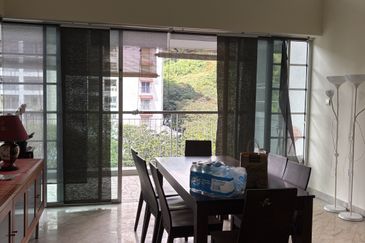
Perdana View Condominium
Damansara Perdana, Selangor

Jalan Kemuning Indah 32/138A
Shah Alam, Selangor

Jalan Anggerik Doritis 31/127
Kota Kemuning, Selangor

Canal Gardens, Kota Kemuning
Kota Kemuning, Selangor

Pangsapuri Seroja Bukit Jelutong
Shah Alam, Selangor
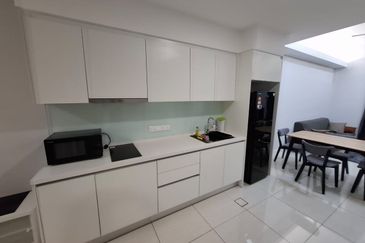
Sentral Suites KL Sentral
Kuala Lumpur, Kuala Lumpur

